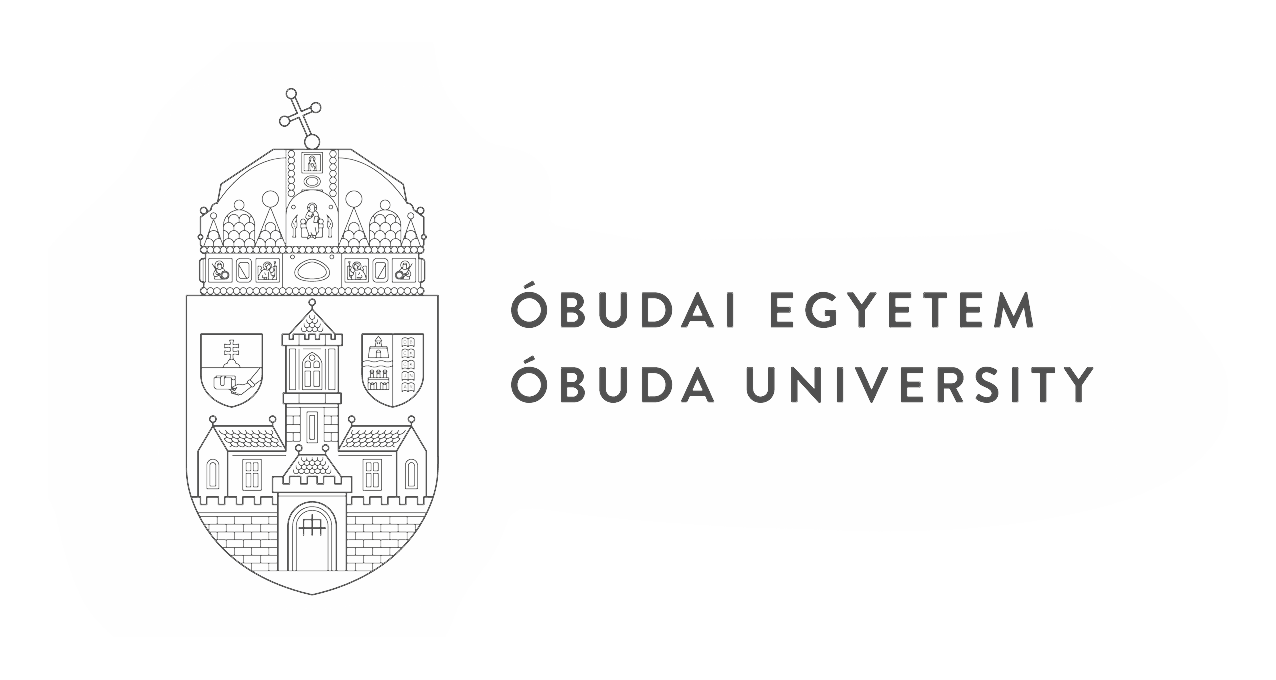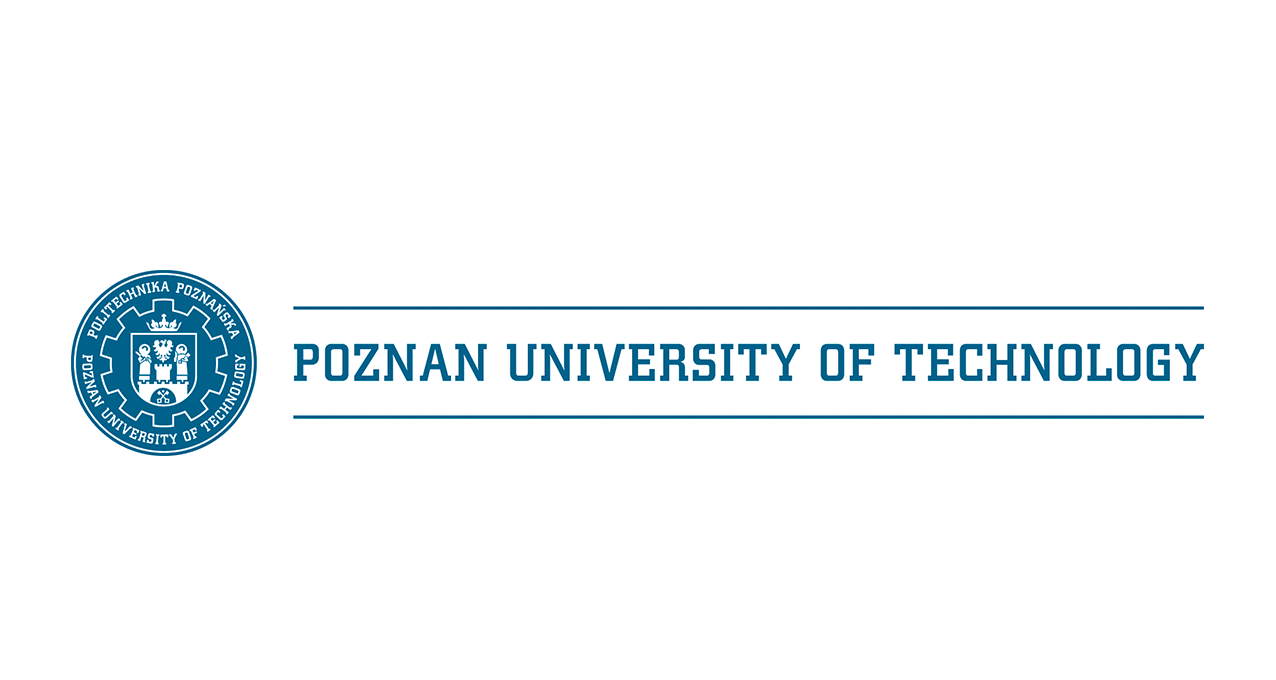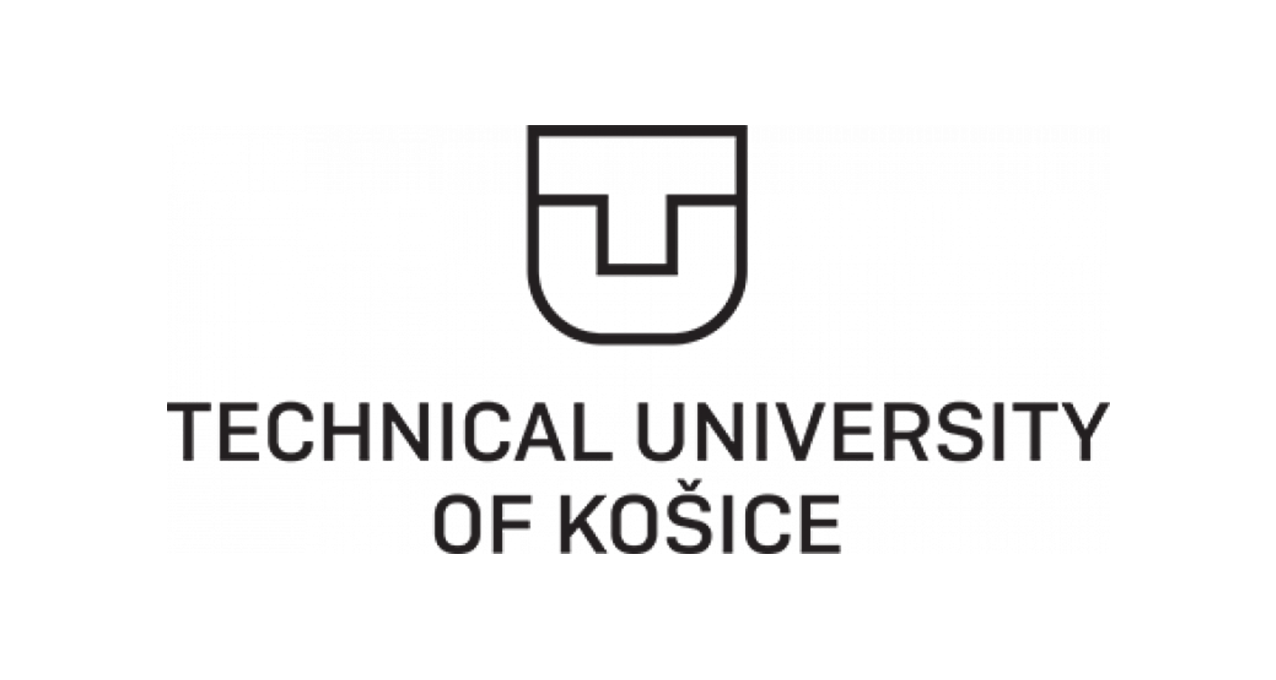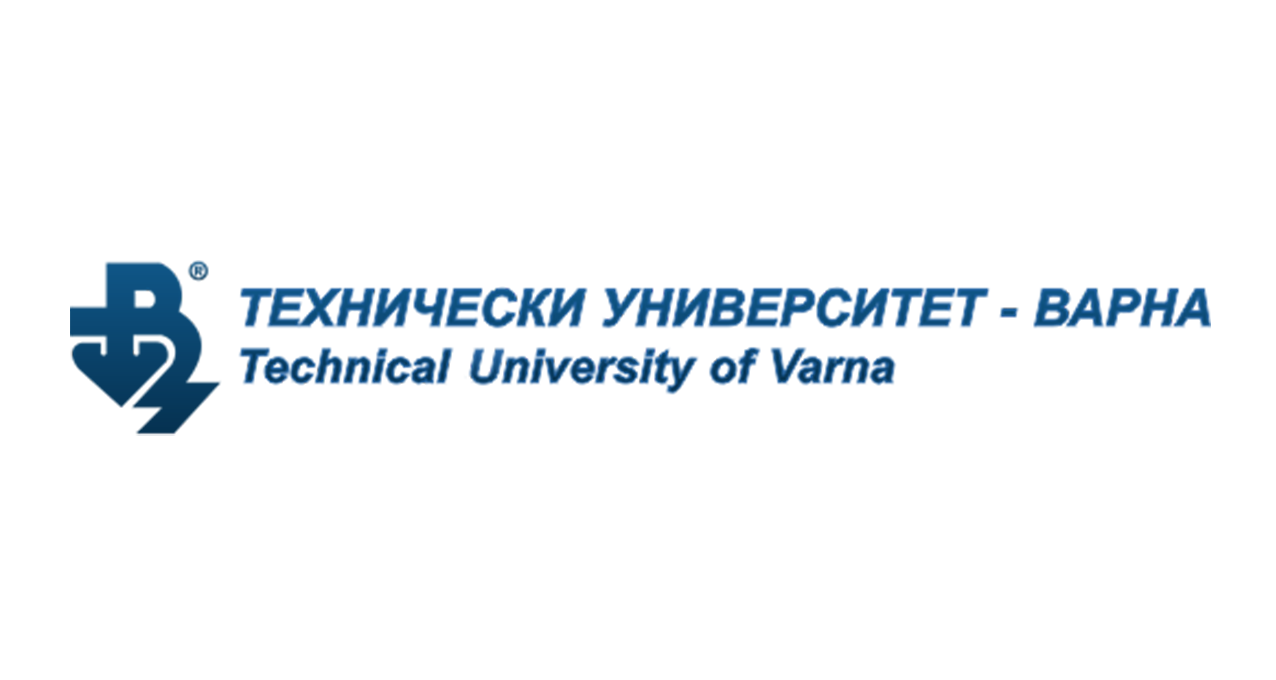National Technical University of Athens, Greece
See also:
The National Technical University (NTUA) is the oldest and most prestigious educational institution in Greece in the field of technology and has contributed to the country’s scientific, technical and economic development since its foundation in 1837. NTUA is divided into nine academic Schools, eight for the engineering sciences and one for the general sciences. The total number of undergraduate students is about 13000 and the graduate and PhD students 1500. The School of Mechanical Engineering of NTUA excels both in Greece and internationally, thanks to its advanced level of studies and to its internationally acclaimed research. The members of the School, apart from the teaching and other educational activities, work with the support of graduate students and a considerable number of external collaborators for the production of knowledge in the theoretical and applied areas of their interests. The success of their efforts is proved by the numerous publications in International Scientific Journals and Proceedings of International Conferences as well as by the increasing number of financed research projects (EEC and Greek Public and private Organizations). The Section of Manufacturing Technology of NTUA occupies 3200 m2 of laboratory space. The facilities of the lab include state-of-theart machine tools such as CNC lathes and machining centres, grinding machines, a sinking EDM, 3D printers for additive manufacturing and plasma spray for coatings among others. Besides the aforementioned equipment, testing machines for tension/compression tests, bulge test and fatigue test, materials testing and inspection facilities with optical microscopes, Atomic Force Microscope (AFM), residual stresses hole drilling device, profilometer, micro-hardness measuring device, robots, 3D scanner, CMM and VR installations can be found in the laboratory. Furthermore, a fully equipped lab for the preparation, testing and processing of composite materials is installed within the laboratory of Manufacturing Technology. Additionally, the Laboratory of Manufacturing Technology possesses equipment and tools suitable for processing hard-tomachine materials, machining at high speeds and precision machining. Finally, special software for CAD/CAM systems, modelling and simulation can be found in the lab and are used in connection to the equipment and activities of the research of the team of the lab. Rapid Prototyping & Tooling – Reverse Engineering Laboratory (RP Lab) is part of the Department of Mechanical Design and Automation Control of the School of Mechanical Engineering NTUA and was first established in 1996. Its research team consist of two professors, one research and teaching associate, 10 PhD students and more than twenty undergraduate and MSc students. The main areas of research and services provided by RP Lab include advanced engineering design of components and products using parameters such as cost minimization, quality assurance, environmental considerations etc, integration of CAD with CAM and CAE, dimensional and geometrical accuracy, analysis and stacking of tolerances, rapid prototyping and tooling techniques, reverse engineering design and additive manufacturing (3D printing). The infrastructure of RP Lab includes a variety of 3D printers (i.e. Stratasys FORTUS 360mc, Creality3D Cr10 S5, Anycubic Photon, Nobel Advanced), a coordinate-measuring machine (CMM-type DEA/ Brown & Sharpe/ Mistral/ PH10M/TP200 Renishaw Head, 700x700x500), two portable CMM machines (FARO – CMM (Contact & Non-Contact-Laser camera) – 6 DOF, work sphere 2,8m), a custom 3-axis router for manufacturing of small scale RP components/ prototypes/moulds and a fully equipped mechanical workshop (lathe, CNC centre etc.). Finally, RP Lab provided medical protective equipment during the first fifteen days of the peak of the Covid-19 pandemic in Greece in April 2020 using rapid tooling and polyurethane casting methods for the production of more than 2000 silicone masks.







